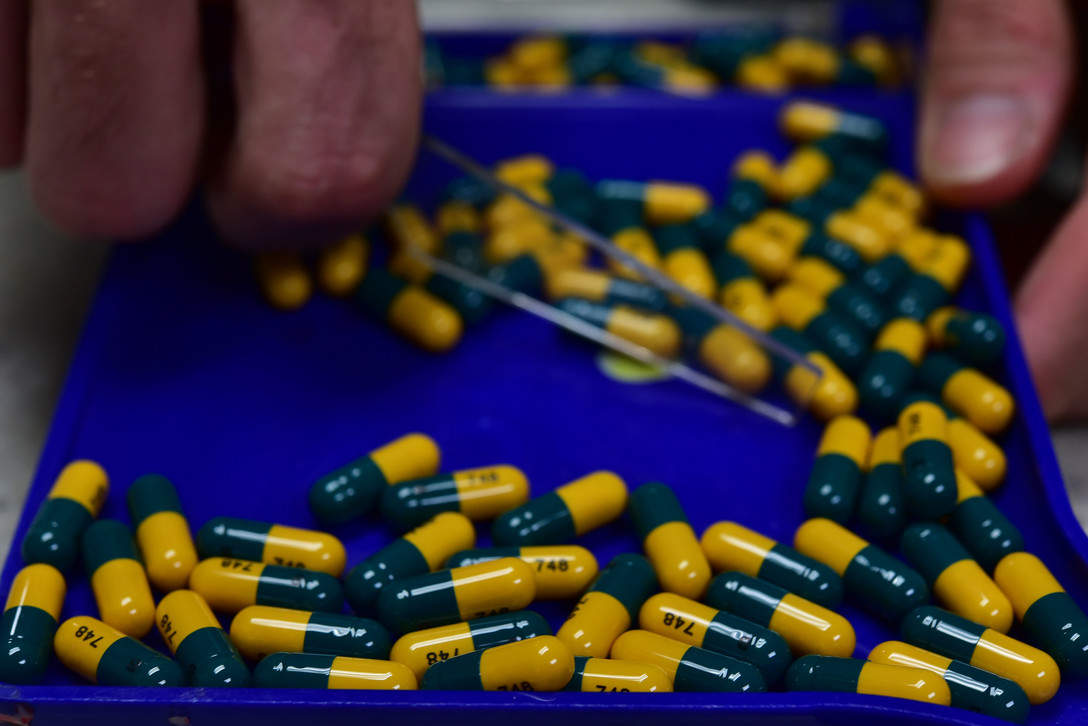Today, artemisinin-based combination therapies (ACTs) are the first-line drugs used to treat malaria across Asia and Africa, the areas of the world where the infection is endemic. However, in Southeast Asia, specifically the Mekong countries (Cambodia, Myanmar, southwest China, Thailand, Vietnam), there is documented rising malaria parasite resistance to ACTs.
While ACT resistance has not yet spread from the Mekong to India and then Africa, past experience with the emergence of chloroquine and pyrimethamine resistance—which both originated in Southeast Asia and then spread to Africa—indicates that it is only a matter of time.
GlobalData anticipates that the decision to switch to most third-generation antimalarial therapies, currently in the R&D pipeline for combating ACT resistance, will not occur until ACT total treatment failure becomes rampant in prevalence, as it was for chloroquine and pyrimethamine by the late 20th century.
Novartis (cipargamin/to-be-determined partner drug, KAF156/lumefantrine), Sanofi (artefenomel/ferroquine), and Takeda (DSM256/to-be-determined partner drug) all have promising advanced-stage malaria pipeline candidates, all of which GlobalData projects will launch by the mid-2020s. Nevertheless, their global widespread use as first-line malaria treatments may not happen until the 2030s. Such a decision will be dependent on prevalence of ACT-resistant malaria across malaria-endemic countries.
Global performance of malaria therapies
The World Health Organization (WHO) recognises malaria total therapeutic failure when the percentage of positive parasitemic patients, within a defined area, who have completed an ACT full-treatment course is at a minimum of 10% after 28 or 42 days. ACT total treatment failure is occurring with increased frequency in Cambodia and Thailand.
The Mekong countries may become the first countries to implement third-generation malaria therapeutics for first-line treatment as a result. In the meantime, in India and on west to Africa, GlobalData estimates that existing ACTs will continue to be recommended as first-line treatment for malaria for the respective countries, reserving the use of third-generation malaria therapeutics until ACT total treatment failure becomes widespread.

US Tariffs are shifting - will you react or anticipate?
Don’t let policy changes catch you off guard. Stay proactive with real-time data and expert analysis.
By GlobalDataThis decision to reserve novel regimens will be made easier given that, besides having essential novel mechanisms of action, the majority of the pipeline malaria therapeutics mentioned require the same number of days to complete as ACTs. Shortening the treatment course length to increase patient adherence is among the unmet needs key opinion leaders (KOLs) interviewed by GlobalData identified regarding malaria.
Only artefenomel/ferroquine, and possibly DSM265/to-be-determined partner drug, currently demonstrate this characteristic in clinical trials. These two regimens may eventually become first-line therapies around the world because of their single-dose convenience. Within the Mekong region, these two drugs may be utilised in mass drug administrations, given that such efforts are currently underway using ACTs. The lessons learned will be applied elsewhere in malaria-endemic countries.
The global malaria burden is highest across Africa, India, and Indonesia. The historical route for malaria drug resistance has its eradication frontline in the Mekong subregion of Southeast Asia. The Mekong as the source for global malaria drug resistance is an ideal setting to fine-tune which novel malaria therapeutics are best capable to contribute to malaria eradication in the long term.




